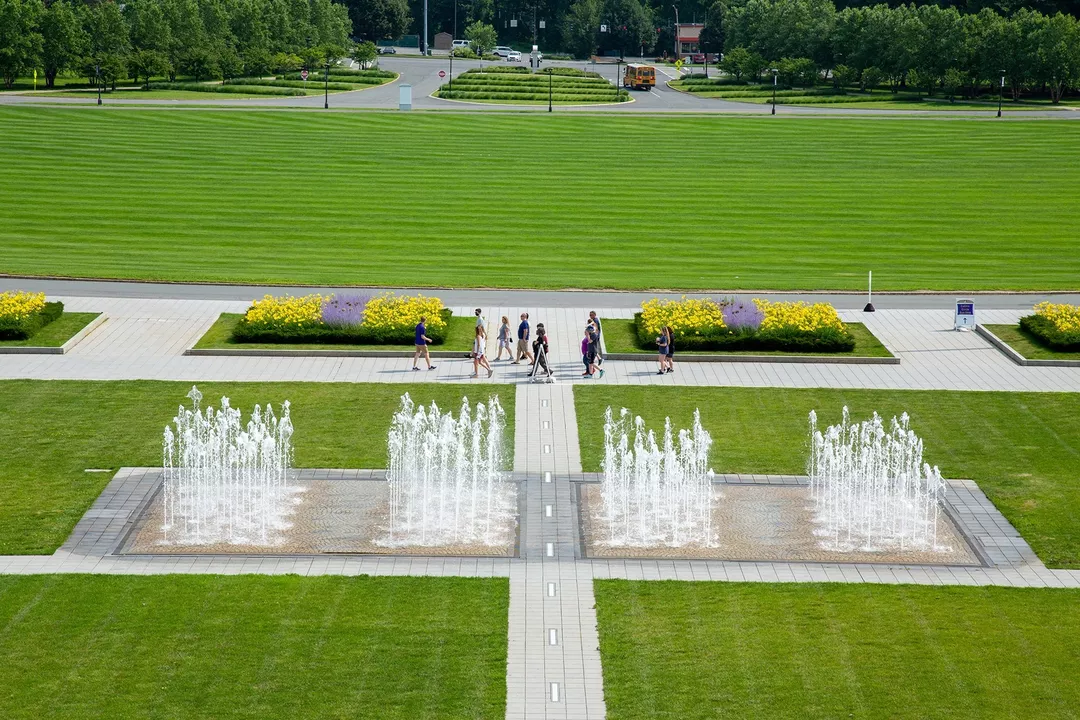-
hello@abroadcube.com
Mail us
-
Call For Help:
98779 83783
-
Whatsapp Us
70090 34921
Impact the way society copes and adapts to climate change with advanced knowledge of climate systems and processes that govern the atmosphere. Participate in field research that exposes students to tactical application of skills like how to measure atmospheric conditions that predict future weather patterns.
The master’s in atmospheric science program at the University at Albany can build the foundation for a robust career in the public or private sector in areas like meteorology, education or climate analysis.
With a focus on research, students will study with faculty who specialize in atmospheric dynamics, physics, and chemistry, or climate science.
Through coursework, students will develop broad knowledge of the physical processes that govern the atmosphere and oceans. With guided research, students will specialize in synoptic, tropical, and mesoscale meteorology (extreme weather), atmospheric chemistry and physics (active gases and particles), or climate and environmental systems (climate prediction), culminating in their master’s thesis.
| Level | Masters |
| Discipline | Sciences |
| Duration | 12 months |
| Intakes | Jan, Aug |
| Application Fees | USD 75 |
| Tuition Fees | USD 23100 |
| Campus | Albany |
| Language proficiency (minimum) | |
| IELTS | 6.5 |
|---|---|
| TOEFL | 79 |
| PTE | 53 |
| Duolingo | 110 |
| Exam proficiency (minimum) | |
| SAT | Not Required / Waiver |
|---|---|
| ACT | Not Required / Waiver |
| GRE | Not Required / Waiver |
| GMAT | Not Required / Waiver |
Minimum GPA - 77.0%
QS Quacquarelli Symonds is the world’s leading provider of services, analytics, and insight to the global higher education sector, whose mission is to enable motivated people anywhere in the world to fulfil their potential through educational achievement, international mobility, and career development.
THE (Times Higher Education) has been providing trusted performance data on universities for students and their families, academics, university leaders, governments and industry, since 2004. We create university rankings to assess university performance on the global stage and to provide a resource for readers to understand the different missions and successes of higher education institutions.
The Academic Ranking of World Universities (ARWU) was first published in June 2003 by the Center for World-Class Universities (CWCU), Graduate School of Education (formerly the Institute of Higher Education) of Shanghai Jiao Tong University, China, and updated on an annual basis
The "Webometrics Ranking of World Universities" is an initiative of the Cybermetrics Lab, a research group belonging to the Consejo Superior de Investigaciones Científicas (CSIC), the largest public research body in Spain. CSIC is among the first basic research organizations in Europe. The CSIC consisted in 2006 of 126 centers and institutes distributed throughout Spain.


